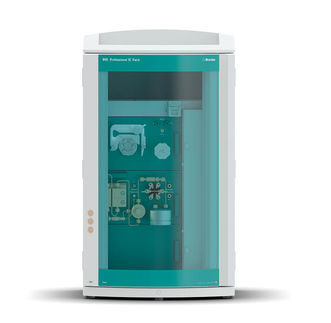To use all functions of this page, please activate cookies in your browser.
my.chemeurope.com
With an accout for my.chemeurope.com you can always see everything at a glance – and you can configure your own website and individual newsletter.
- My watch list
- My saved searches
- My saved topics
- My newsletter
Nuclear matterNuclear matter is a phase of matter that consists of protons and neutrons, compressed to the point where they form a degenerate Fermi gas. Product highlightMacroscopic lumps of nuclear matter in thermodynamic equilibrium have to be electrically neutral, and contain mostly neutrons with some admixture of protons and electrons. A neutron star is a large gravitationally-bound lump of electrically neutral nuclear matter, whose pressure rises from zero (at the surface) to an unknown value in the center. A common idealization is symmetric nuclear matter, which consists of equal numbers of protons and neutrons, with no electrons. Nuclei are small lumps of approximately symmetric nuclear matter, bound by the strong (residual) nuclear force at zero pressure. When nuclear matter is compressed to sufficiently high density, it is expected, on the basis of the asymptotic freedom of Quantum chromodynamics, that it will become quark matter, which is a degenerate Fermi gas of quarks. |
| This article is licensed under the GNU Free Documentation License. It uses material from the Wikipedia article "Nuclear_matter". A list of authors is available in Wikipedia. |







